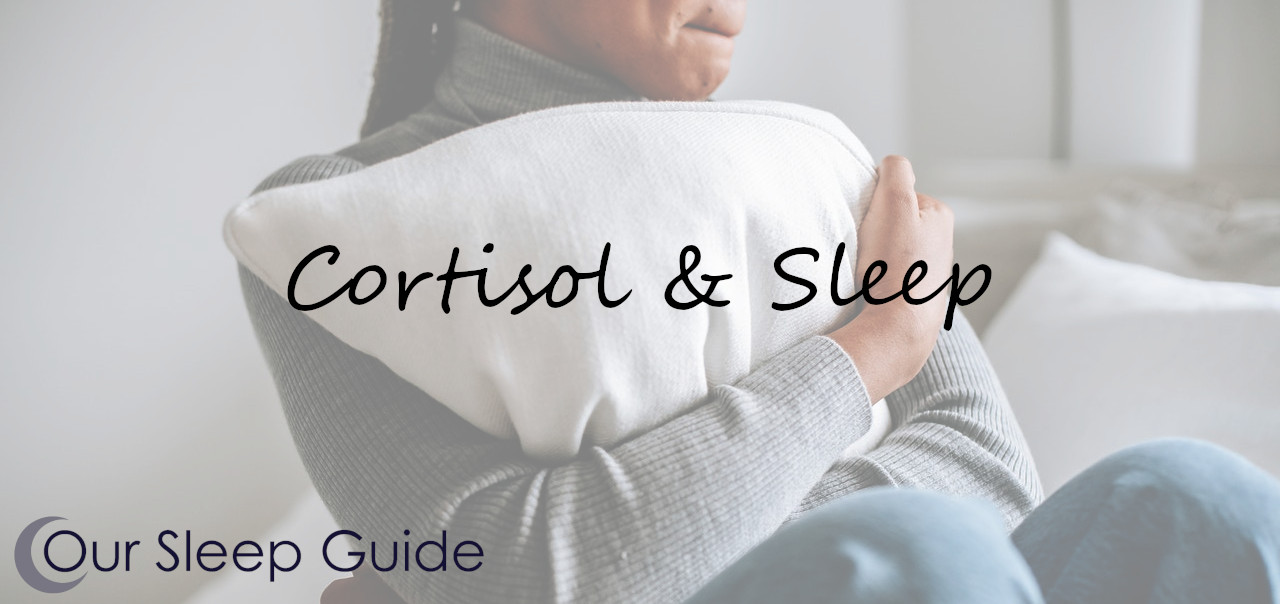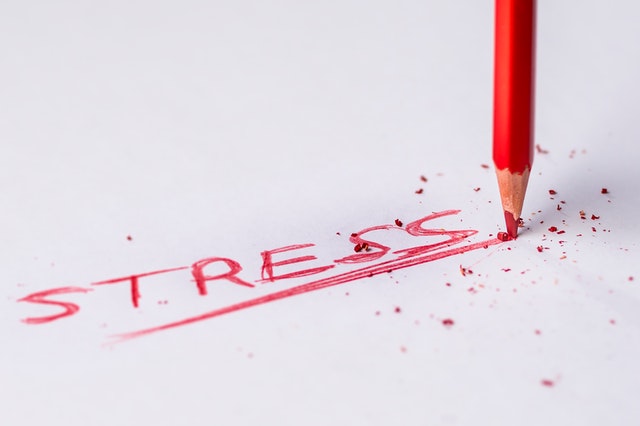Visit or Call Our Sleep Guide Texas Showrooms
Our Texas Showrooms Are Here To Help With All Your Favorite Online Brands! And We Offer Exclusive Coupons To Save More!
Learn MorePlease note, we are proudly supported by our readers. The product links are referral based and if you purchase an item we make a small commission. For more information please see our disclosure page.
Our site uses cookies to improve your experience, continuing on our site means you agree with our cookie policy Read More
I agreeFeeling a bit stressed lately? Your increase in stress may be making it more difficult to sleep at night. This may be caused partially due to the increase in a hormone called Cortisol. Not only is cortisol commonly related to stress, but it is also a hormone your body uses to wake up in the morning. Learn more about the relationship Cortisol has with your sleep in this post, along with tips on lowering your cortisol in order to sleep better.


When your brain receives certain signals, like the sunsetting or rising. Your circadian rhythm takes those cues and sends out different hormones to either induce sleep or wake you up.
At night your brain picks up cues from your circadian rhythm to produce melatonin in order to induce sleep.
While in the morning as the sun rises and you begin to wake up, cortisol and adrenaline production picks up. The combination of cortisol and adrenaline is used to make you feel awake and alert.

Which is why if you have ever been under a large amount of stress, you may have found it more difficult than usual to get to sleep.
When your cortisol levels are high it can be increasingly difficult to get sleep. This is due to how your body reacts to an increase in cortisol. Which we will get into further in the next section.
Curious about how stress affects your sleep? Read more in our post Why Can’t You Sleep When You’re Stressed?

For instance, your heart rate may increase, as well as rapid breathing, sharpened senses, and a spike in blood sugar. These threat responses are there for your own protection. When there is a threat you are able to react quickly and have access to quick energy in order to run away from the threat.
While these are all great to have if your stress is being cause by the sight of an animal trying to attack you. It is less helpful when you are simply stressed about a test tomorrow that you really need some extra sleep for.
If something startles you awake, or gives you a sudden fright, you get a quick spike in cortisol and adrenaline. As an example, have you ever been sleeping soundly only to be startled awake by a crack of thunder? BAM! You’re awake! Just like that in a matter of seconds you went from a deep sleep to being wide awake, heart racing, breathing quickly, and wide eyed.

This is what it feels like being woken up with a fight or flight reaction. Your body hears a potential threat and pushes the button for a red alert.
This reaction is caused by a spike in cortisol and adrenaline in order to wake you up in a jiffy so if there is an impending threat you are able to get away safely. For some you are able to asses the lack of impending danger and go back to sleep.
However, some may find it difficult to go back to sleep after waking up like this. Which is completely normal, it may take some time for your hormone levels to even back out so you can head back to sleep.
Have you discovered which Sleep Chronotype you are? Find out in our post: Chronotypes: Your Circadian Typology

While a minimal increase in cortisol to wake you up in the morning is normal and not intrusive to your health. Excessive stress and high cortisol levels can have many negative affects on your health.
When it comes to weight gain and cortisol levels it can be a double edged sword. Increased cortisol levels over an extended period of time can trigger weight gain. While weight gain can also increase cortisol levels. Which is why staying physically healthy while also creating a calm and low stress lifestyle is important for health and of course, for your sleep. Weight gain can cause negative effects on your sleep health.
Learn more about the negative impact weight gain and the positive effect of weight loss has on your sleep in our post: Sleep & Weight Loss

If your cortisol levels remain high for a long time, this can lead to much more health issues than just lack of sleep.
While insomnia in and of itself can cause a number of mental and physical health issues as well. Which is why finding a way to break the cycle f poor sleep and stress is so important.
Learn more about insomnia and how to start sleeping in our post: Guide To Insomnia

While all of our days have the potential to stress us out, there is always time to calm yourself down before jumping into bed.
Even if it is just 1 minute of deep breathing. We have made two lists for you. The first is a list of activities to avoid before bed, and a list of activities to help relieve stress.
Watching the news can be especially stressful. Learn more in our post: News Report Insomnia
Need help relaxing? Try creating a Stress Free Nightly Routine
Lowering your cortisol levels in order to get a better nights sleep is all about relaxation. The more you can let go of stress, and relax your body, soul, and mind. The lower your cortisol levels will be, and therefore the better you will sleep! Which is always our main goal here at Our Sleep Guide. We hope this post gives you some enlightening information on Cortisol and how it affects your sleep.

Have a question for us? Send us a message through our Contact Us page! We would love to help out anyway we can.
Our Texas Showrooms Are Here To Help With All Your Favorite Online Brands! And We Offer Exclusive Coupons To Save More!
Learn More
